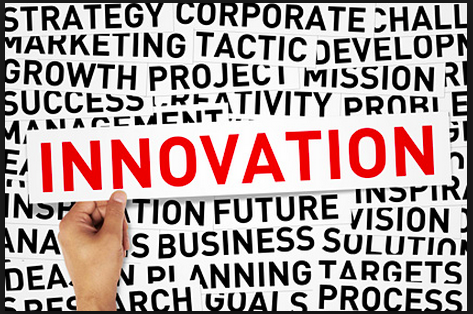The last 25 years have seen momentous technological progress: the PC, the Internet, Smartphones, Tablets… This has transformed the way companies do business, the way managers work, the way consumers go about their daily lives. And, McKinsey expects that, by 2025, technological disruptions may create up to $40 trillion in new growth. One would expect that technological progress would be celebrated. This has indeed…
Overcoming the affordability barrier in emerging markets means commercial innovation, says Julien de Salaberry
Posted on
Chronic disease prevalence is high in most of Asia which is compounded by immature healthcare infrastructure which creates significant barriers to treating these diseases. These barriers range from awareness of the disease to insufficient numbers of HCPs through to inability to afford (most Asian countries are self pay) the appropriate treatment. Sustainable success in these markets requires innovative thinking and relevant business models to…
Acquiring new clients means meeting with C-level executives, directly. This requires innovation. Find out why.

A recent study done by Harvard Business School showed that between 70 and 90% of innovation products fail to find clients. Therefore, innovation products are retired from the market only 12 months after they were first launched. Given that developing an innovation product usually requires a multimillion investment, it’s easy to understand why General Manager prefer to focus on core products in core markets…
Why should anyone care about disruptive innovation? (2/2)
Posted on
Disruptive innovation is a term that may convey very different meanings. As a consequence, CEOs don’t always consider how disruptive innovation can help them transform their business, create new growth engines and develop a sustainable competitive advantage. More importantly, many decision-makers fail to understand that there’s no real alternative to disruptive innovation. The choice is between leading disruptive innovation or going bankrupt. Here’s why.
The day before yesterday, I was invited at the Quai d’Orsay, where I participated in kicking off la diplomatie économique. Suggested by President François Hollande and implemented by Laurent Fabius, Minister of Foreign Affairs, the diplomatie économique aims at reaching trade surplus by 2017, not including energy. A number of French leaders were there, including Pierre Moscovici, Minister of Finance, Jean-Pierre Raffarin, former Prime…
Last week, I introduced a pattern of disruptive innovation. My goal : anticipating disruptive innovation. This week and next week, I’ll illustrate how to anticipate disruptive by using a couple of graphs. Again, understanding why once leading companies in their industries got wiped by new entrants is critical to any business. This pattern of disruptive innovation explains why:

Last week, I talked about common misconceptions on the meaning of corporate strategy. This week, I want to provide of few elements that will help defining what corporate strategy really means.

What is strategy? In the last five years, I’ve spoken to approximately 500 executives in Fortune 500 companies in the United States and Europe. One of the things that struck me most is that everybody seems to have their own definition of what strategy means. I guess this is positive because it shows that the question is on everybody’s mind prompting everybody to formulate…

The GE Global innovation barometer reports that business leaders, growing uneasy with the continuing changing dynamics of today’s business landscape and uncertain about the path forward, are looking at innovation to secure growth. Recently, I was talking to William Taranto, President of Merck’s Global Health Innovation Fund. Among the many topics we discussed, we wondered what would be the ideal innovation organization: what roles…